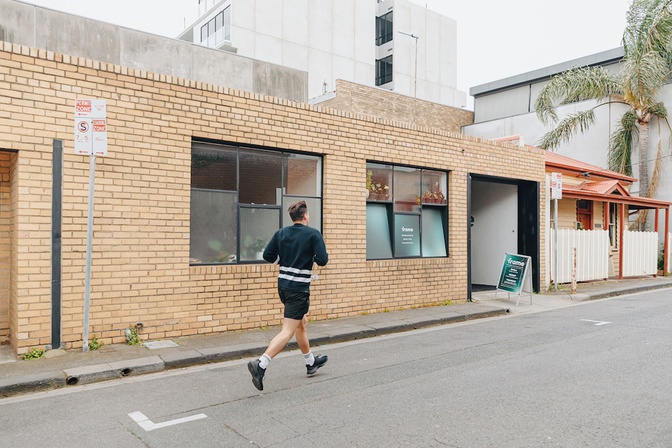Employee mental health has come into the spotlight in the past year, and for good reason. This year presents a good opportunity for workplaces to evaluate their mental health practices – and it may help improve productivity at a challenging time.

The past year has thrown up a seemingly endless number of economic and health challenges in Australia and around the world. Bushfires, a pandemic and the economic fallout from both have hit Australians hard, and the mental health effects are starting to show.
A University of Sydney study estimated that suicides could spike by 750 to 1500 per year as a result of mental health strains associated with Covid-19, economic uncertainty and social isolation. And calls to mental health service Beyond Blue doubled after Victoria entered its second lockdown.
A workplace study by Australian mental health service Black Dog Institute found that Australian businesses lose $10.9 billion in absenteeism and reduced productivity every year due to mental health issues, with three to four sick days taken each month for untreated depression. Yet 50 per cent of managers surveyed thought no one in their workplace was affected by mental health issues.
Some workplaces already provide mental health days on top of sick leave, and encourage employees to take them. But there are still plenty of employees who are afraid to ask for mental health days due to “old school” views in their workplace.
Australian workers have been urged to change their habits on “presenteeism” (coming to work when you’re not really up to it) in 2020, mostly in an effort to prevent people with cold or flu symptoms from potentially spreading coronavirus at work. And with the emotional effects of the pandemic beginning to come to light, there are mental health benefits to reducing presenteeism too.
Creating a workplace that values the mental wellbeing of your employees will go a long way towards keeping them happy. Workers can be hesitant to discuss time off for mental health because they don’t want to be seen as struggling with their workload or unable to focus. Having an open dialogue with employees will help with satisfaction and retention, but a willingness to accommodate mental health requests needs to be backed up by introducing time off and offering counselling services and access to other mental health resources.
Happy workers are generally harder workers, and mental health days can help increase staff productivity. Just as it’s important to paint a good picture of your business for outsiders looking in, it’s crucial that employees are coming to work in an environment where they feel safe, happy and listened to. Allowing workers to take time off for their mental health also points workplaces in the direction of a flexible culture – something both current and prospective employees will value.
The increase in productivity that comes from looking after employees’ mental health can lead to economic benefits for your business. A study by PWC Australia and Beyond Blue found that for every $1 an employer spends on making a workplace more mentally healthy, they recoup $2.30 long term – the result of employees being more productive at work and feeling more passionate about working for a company that supports them.
There are some barriers to businesses introducing mental health days, particularly in largely casualised industries such as retail and hospitality. Wherever possible, employers should still endeavour to offer access to counselling and other mental health resources, and maintain an open dialogue with employees on mental health issues. It can be difficult for a casual worker to call in sick under any circumstances, but employers can help by offering rostered mental health days off for all employees, even if they’re unable to take them on a last-minute basis.
Photography: Jake Roden
If you or someone you know needs help:
Lifeline: 13 11 14
Beyond Blue: 1300 224 636
Mensline Australia: 1300 789 978
Suicide Call Back Service: 1300 659 467
Kids Helpline: 1800 650 890
Headspace: 1800 650 890
Relationships Australia: 1300 364 277



